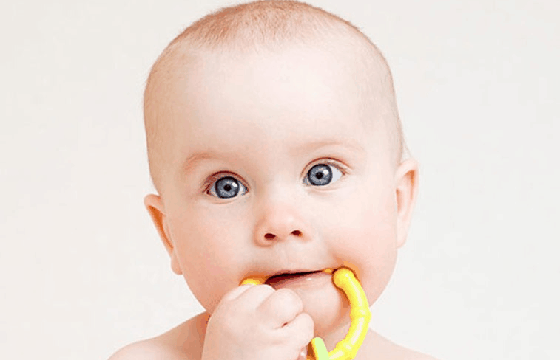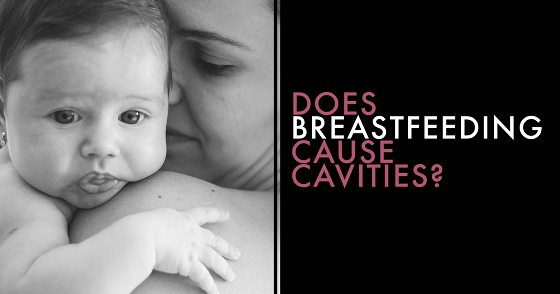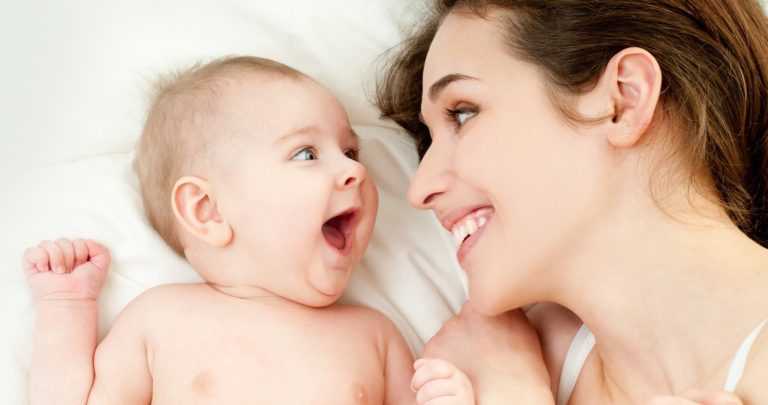Breastfeeding is one of the most personal decisions a mother makes for her baby. It can help your child fight diseases and reduce health risks like asthma, ear infections, SIDS and obesity in children.
Nursing mothers may lower their chances of improving breast and ovarian cancer. But did you know breastfeeding can impact the dental health of both baby and mother? Here’s how:
Breastfeeding Helps to Build a Better Bite
According to Journal of the American Dental Association, babies who were exclusively breastfed for the first 6 months were less possible to have teeth alignment issues such as open bites, cross bites, and overbites, than those exclusively breastfed for shorter periods of time.
Still, this doesn’t mean your breastfed baby won’t need braces someday. Other factors, including genetics, pacifier use, and thumb sucking, affect the alignment of teeth.

Don’t Wean When Your Baby Gets Teeth
It’s a question that often rises up in parenting message boards and discussions with new moms: Should I quit breastfeeding when my baby starts teething? The answer is not if you don’t want to.
The American Academy of Pediatrics suggests breastfeeding for the first year of a baby’s life; the World Health Organization encourages moms to go for two.
Breastfeeding Decreases the Chance for Baby Bottle Tooth Decay
Another benefit of exclusive breastfeeding is a decreased chance of baby bottle tooth decay. The frequent, extended exposure of the baby’s teeth to drinks that contain sugar can lead cavity.
This type of cavity often occurs when a baby is put to bed with a bottle – even ones containing formula, milk or fruit juice. (Water is fine because the teeth won’t be bathed in sugary liquids for a long time.) It most often happens in the upper front teeth, but other teeth may also be affected.

Breastfed Babies Can Still Get Cavities
It’s one of the most common questions nursing parents ask: Can breastfeeding cause decay?
Yes, it can. breast milk contains natural sugar. That is why breastfed or bottle-fed, it’s important to care for your baby’s teeth from the beginning.
A few days after birth, start cleaning your baby’s gums with a fresh, moist gauze pad or washcloth every day. Then, brush her teeth twice a day as soon as that first tooth appears.
Need Dental Work Done? Double Check Your Medications
If you need to have a dental treatment that needs medication during the breastfeeding period, its necessary to check with your dentist, personal physician, and pediatrician to make sure it is safe for baby.
It’s necessary to know there are antibiotics we can give you that won’t hurt the baby. It’s not only safe to go to the dentist while you’re pregnant and while you’re nursing, but it’s also very important to do so for the best health of your baby.
Mom, It’s important to Take Care of Yourself
The exhaustion makes just not brushing as much as they used to, whether they’re brushing once a day or not brushing at all.
A drop in dental care could lead to more gum disease and cavities. Cavity prevention is especially important for moms, as even the simple act of sharing a spoon with could transfer that bacteria into your baby’s mouth. It’s really important to do the basics: Brush twice a day, it should be the last thing at night and first thing in the morning, floss once a day.
Teeth grinding (bruxism) in moms. A lot more head and neck muscle tension, which causes our jaws to be a little bit tenser and then that causes us to grind our teeth. Trouble sleeping during pregnancy that can cause us to grind our teeth a little bit. Postnatal, stress can increase and it can also be an issue.
All moms need to stay hydrated, particularly if breastfeeding. Not drinking enough water, that in itself is a very risky thing for your mouth. If you have a dry mouth, it at risk for gum disease, for cavities, so many things.
References:
Expert opinion
Dr. Manan DhuliaDental director of Sabka dentist says “The best thing for a mother to do is to take the child to the dentist to assure teeth eruption, it allows a dentist to monitor that baby teeth are coming out at the right time and permanent teeth are coming in the right time.”
Dr. Preethi Nagarajan Dental Director of Sabka dentist says “As it goes with breastfeeding, every baby is different, every mother is different. You can stop breastfeeding when you think it’s the best for you and the baby but not just because the teeth come in.”
Dr. Zita Antao Dental Director of Sabka dentist says “that there’s one thing she sees in new mothers, breastfeeding or not. “I surely see moms who are not keen to take care of themselves as well as they did before the baby”.





